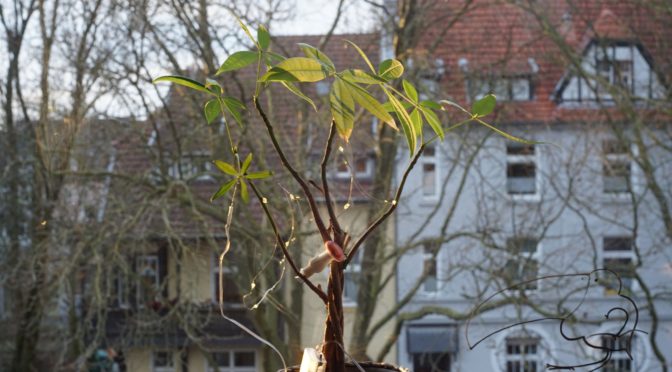A project carried out within the framework of the TANDEM program, developed by the Czech Academy of Sciences, Charles University and CEFRES/CNRS united within the Platform for Cooperation and Excellence in Humanities and Social Sciences.
The interplay of human and non-human actors – people and animals, plants, fungi, bacteria, viruses, but also technological devices and chemical agents, among others – has increasingly drawn the attention of social sciences and humanities. Disciplines such as anthropology, human geography and science and technology studies focus on how these entanglements shape and form social reality, what they mean for how we understand our reality, but also what they “do” in practical terms.
Despite such developments, home is still perceived, studied and conceptualised as predominantly a human affair. Non-humans, animate as well as inanimate, are still to be more firmly incorporated into both scholarly and common understanding of home and the implications of acknowledging the more-than-human dimensions of home await careful delineation.
The project Home beyond species: More-than-human dwelling in the age of crises is to provide such a delineation and in turn to fill a gap in contemporary scholarly engagement with home. At the same time, it strives to re-conceptualize, i.e. reform our understanding of, home and explore what such a reform entails – what it means and what potential vis-a-vis long term environmental and sudden health crises, such as global climate change and COVID-19 pandemic, can be unlocked when home as an idea, concept and practice becomes more inclusive to encompass other living non-humans and acknowledge the importance of more-than-human materialities.
In response to the frequently overlooked but imperative role of non-humans in the lives and dwelling(s) of humans, the project interrogates the more-than-human entanglements that underpin contemporary home(s) and probes the potential of thinking home beyond (human) species for a better understanding of the challenges and transformations late modern humanity is confronted with.
The project is based on empirical and conceptual exploration of carefully selected examples of more-than-human dwelling in contemporary Czechia and France which it links to wider, globalized developments. The probes focus on the ways in which animate non-humans – animals and plants in particular – become part of, shape, sustain and transform home and domesticity and on a role of broadly conceptualised technologies in these more-than-human entanglements. Such explorations serve the purpose to allow the project to grasp the material and imaginative dimension of contemporary, late modern more-than-human domesticity while keeping in sight the issues of power and identity as well as multi-scalarity of home.
To engage with home beyond prioritizing humans, i.e. consider home beyond (human) species, represents a shift in focus for social science which looks at, but often overlooks, the more-than-human dimension of what surrounds us. As a response, the project explicitly engages with the issue of how social scientists can productively study contemporary. post-anthropocentric home in its diversified, localised forms. In doing so, the project also exemplifies concrete lessons for more inclusive, sustainable dwelling both local and planet-wide, drawing on particular examples of more-than-human cohabitation and its late modern transformations. In doing so, the project ponders and strives to answer questions such as:
How can we as scientists devoted to the study of humans (and their dwelling) reflect on encountering non-humans at and around home? What new conceptual terrains can be opened up by inviting non-humans into our thinking about human dwelling(s)? How can social science become sensitised, epistemologically and methodologically, in order to better engage with and approach the more-than-human complexities of dwellings? And most importantly: How does acknowledging of the more-than-human entanglements challenge the established notions of home, both scholarly and commonplace?
Initiated by Petr Gibas, scholar based at the Czech academy of Sciences, Institute of Sociology, and Chloé Mondémé, sociologist at the CNRS.

